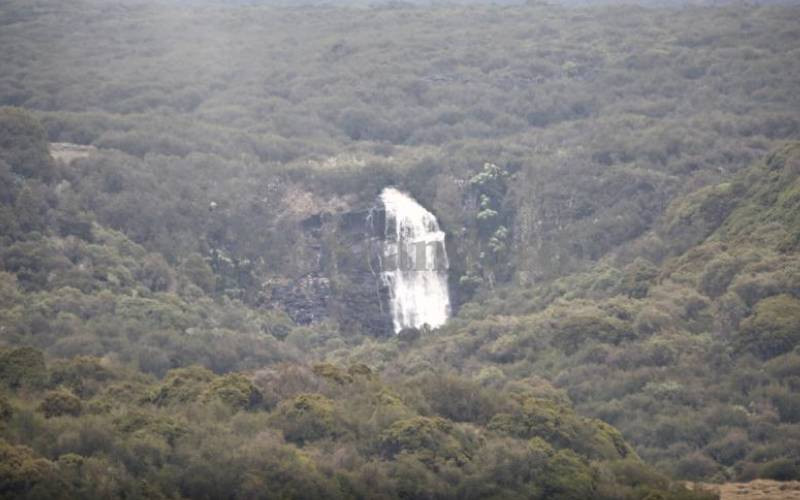×
The Standard e-Paper
Smart Minds Choose Us

Monday, Jun 5, 2023, will be the World Environment Day. It comes at a time when nations and regions are worried about climate change and its vagaries, especially in the lead up to COP28.
Resources are being committed, high-level conversations happening and plans made as the world seeks solutions to global warming.